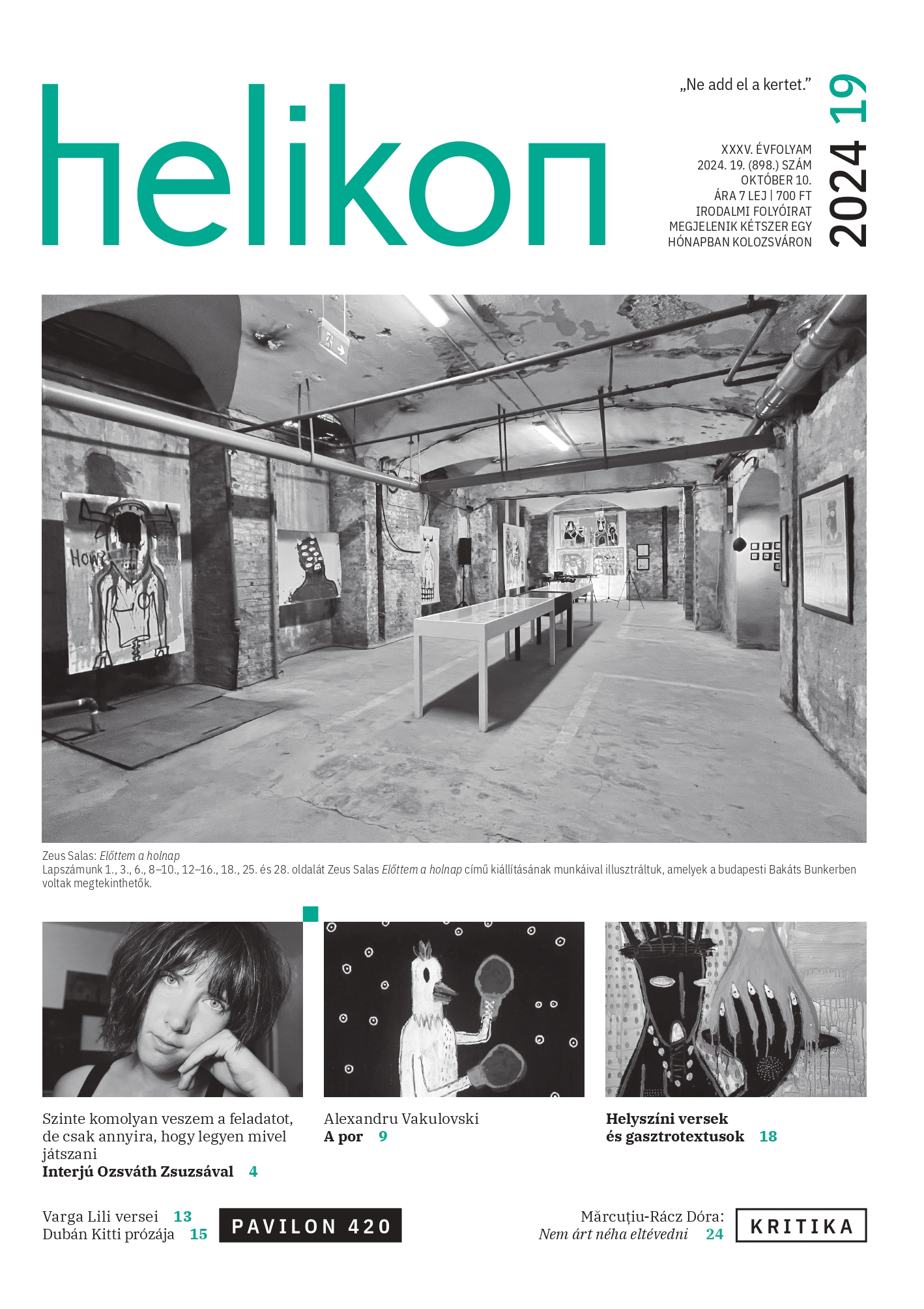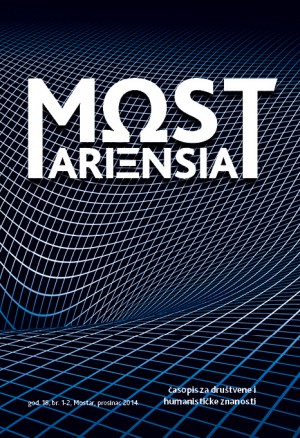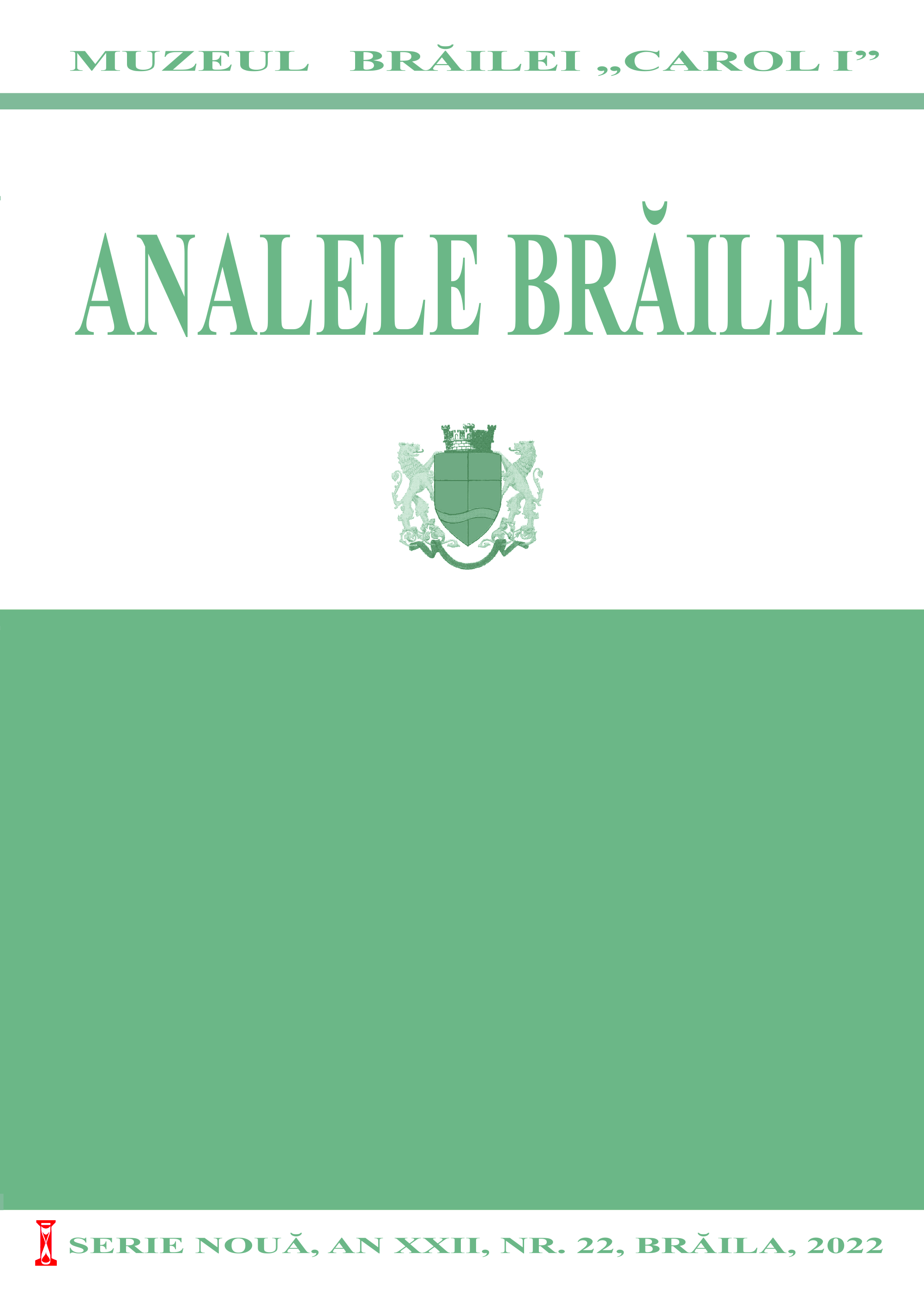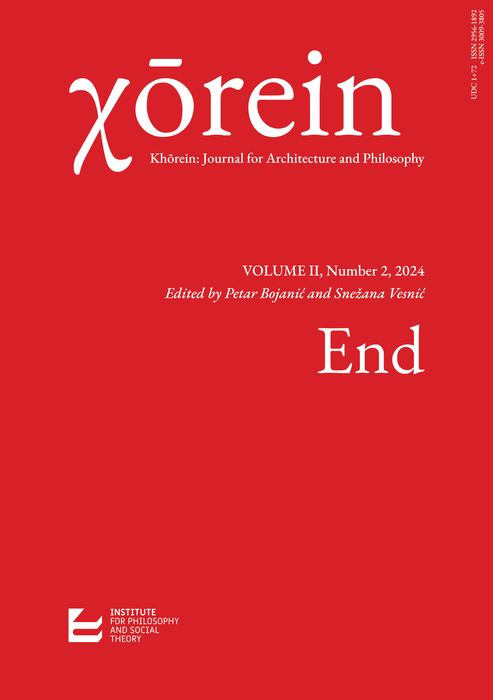
We kindly inform you that, as long as the subject affiliation of our 300.000+ articles is in progress, you might get unsufficient or no results on your third level or second level search. In this case, please broaden your search criteria.


János Szántai's movie essay on Alain Delon.
More...

On March 23, it was a year since Nicolae Manolescu left us. Although factually correct, the above statement is profoundly inaccurate: Nicolae Manolescu has not left us. His books remain, and they continue to be read and cited.
More...


Goran's Spring (Croatia), the most important poetry festival, alongside the Poetry Evenings in Struga (North Macedonia), in the territory of the former Yugoslavia. My first trip abroad after my mother's departure from this world.
More...
Not only the West feels cornered by Chinese expansionism, which was summed up in a sentence by the spokesperson of the Chinese Ministry of Foreign Affairs as follows: “No one can ignore the most populous nation.” / A pigeon arrested by the Mumbai police on suspicion of spying for China was recently released after eight months in captivity, according to The Guardian and the Indian Times.
More...
Well, what can you write about an almost abandoned village? (In fact, I did that in my novel Lindenfeld). Digging a little, I came across a novel, Oppède, written by an author whose name sounded familiar: Consuelo de Saint-Exupéry.
More...
Moje je izlaganje prožeto Hegelovim konceptom političke filozofije, shvaćene kao vrijeme zahvaćeno mišlju: «die Zeit in Gedanken gefasst». Riječ je o pokušaju filozofske prosudbe stanja stvari nešto više od četvrt stoljeća nakon konstituiranja Bosne i Hercegovine, koja nažalost još uvijek nije dosegla status suverene države. Kao hercegovački «gastarbeiter» u Hrvatskoj htio bih dati svoj sud, po mogućnosti objektivan i nepristran, o kulturno-političkom kontekstu koji je uvjetovao sadašnje stanje stvari. Prije četiri godine držao sam na konferenciji u Sarajevu „The Long Shots of Sarajevo“, 24. - 28. 6. 2014., izlaganje o posljedicama Sarajevskog atentata, jednog događaja koji je u svjetskoj historiografiji bio protumačen kao bacanje iskre u bure puno baruta. Glavna je intencija moga izlaganja bila pokazati da je Sarajevski atentat Gavrila Principa na austrougarskoga prestolonasljednika inicirao za Hrvatsku i Bosnu i Hercegovinu civilizacijski krah s dalekosežnim posljedicama. Preko noći BiH je napustila svijet zapadnjačke civilizacije i preselila se, da parafraziram Miroslava Krležu, u «pijanu balkansku krčmu», gdje se nametnula nova životna forma bizantskog, protuprosvjetiteljskoga komunitarizma. Moj dojam je da je jugoslavenska životna forma – ovdje koristim termin u smislu Wittgensteinove «Lebensform» kao zajedništvo jezika i kulture –još uvijek je dobrano prisutna u regiji i četvrt stoljeća nakon raspada balkanske federacije. Riječ je, naime, o životnoj formi koja je nastala kao rezultat postupnog zbližavanja južnoslavenskih naroda u borbi protiv germanizma, a sve je ubrzano posljedicama Sarajevskoga atentata.
More...
Considered the first professional writer of the Romanian literature, Cezar Petrescu is the author of a vast literary work, doubled by a prolific activity as a journalist. His literary work –stories and novels – lay at the border of two trends in Romanian literature, connected to the European ideas and practices: overcoming the conservatory features and breaking free from the classical traditionalist norms and taking up new perspectives, both formal and substantial. Cezar Petrescu’s literature illustrates perfectly the seeking and the confusion but also the surprising readiness of the writer in front of the new, in addition to being concerned with the issues of his time, the circulation of ideas in the occidental culture, and facing, through the journalist’s filter, the immediate, Romanian reality.
More...
For the first time in human history, extinction has expanded into the common parlance of everyday life. Not only is it no longer special, but it has also entered into the vast machinations of the culture industry. The certainty of our extinction is, however, grounded in the paradox of the uncertainty of how it will all play out. And so, despite the seeming inevitability of extinction, its presumed factualities sound fictional and, indeed, science fiction has had a field day. The opening up of awareness of the vast time scales at play has also created a new tempo- ral condition based on a basic truth: we, the human species, will not have time to “evolve” into something else. In other words, despite the longdrawn-out processes of our evolution, we are now stuck in the awkward fixity of our supposed “humanity” as something that is now both permanently endangered and permanently fragile.
More...
The life of Panait Istrati is, in itself, a thrilling film that not even the most vivid imagination could have conceived. Europe, Africa, and Asia bore witness to the titanic turmoil of this man who, with iron will, rare tenacity, and an instinct for life unrestrained by any hostility of blind fate, fought relentlessly to avoid sinking into the swamps of life and succeeded in reaching a safe and happy shore.
More...






I don’t know if an explanation has been given for the fact that it happens almost regularly when you introspectively search your memory for recollections about a person, the most vivid images that come to mind are often those of beginnings. Of course, philosophically speaking, this involuntary preference, through which the effort of recalling is directed toward bringing to the forefront of consciousness those early events, is justifiable—even as an expedient—by the way philosophical theory itself is intrinsically rooted in the search for and establishment of foundations.
More...